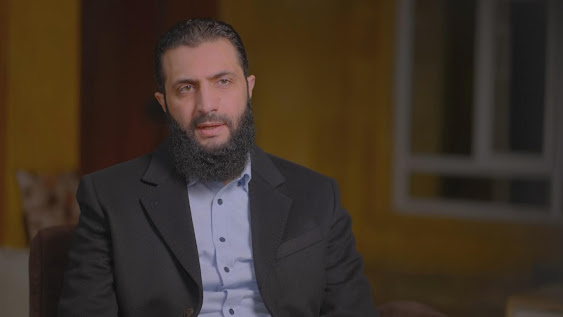The Syrian government’s recent changes to the school curricula have stirred up controversy both within the country and internationally. These amendments, impacting textbooks for grades ranging from first primary to third secondary, highlight a troubling shift towards extremist thought and a deliberate erasure of Syria’s rich cultural and historical heritage. The consequences of these amendments are profound, affecting not only Syria’s future generations but also its ability to rebuild and reintegrate refugees who fled the war.
Erasing Historical Identity: The Removal of Key Figures
One of the most alarming changes in the revised curriculum is the removal of key historical figures from Syria’s past. Notably, the biographies of Queen Zenobia and Khawla bint Al-Azwar were deleted, deemed “unreal characters.” This decision is more than a simple editorial change—it’s a direct attack on Syria’s identity and history. Queen Zenobia, who once ruled Palmyra with strength and vision, and Khawla bint Al-Azwar, a legendary warrior, represent Syria’s rich cultural heritage and the diverse roles women have played in shaping its history. By removing these figures from textbooks, the government is not only rewriting history but also erasing role models for future generations.
The removal of these historical icons is a reflection of a broader effort to shape the narrative and control the cultural identity of Syria. With the ongoing war and the displacement of millions, Syria needs to hold onto its rich history to heal and rebuild. These radical amendments, however, are attempting to eliminate parts of the nation’s past that don’t fit the government’s current ideological agenda.
Scientific Censorship and Religious Imposition
Perhaps even more troubling are the changes in the science curriculum. The introduction of lessons about "brain evolution" in place of broader discussions on evolution, combined with the complete erasure of mentions of ancient gods, reveals a disturbing trend towards scientific censorship. Instead of fostering critical thinking and open-mindedness, these changes aim to suppress scientific inquiry and replace it with a more ideologically driven worldview.
The government’s approach to education in science is not just an intellectual failure—it’s a dangerous step backwards. Syria, once a country with a thriving intellectual and scientific community, now risks becoming a place where young people are denied the opportunity to engage with ideas that could help shape their future. By promoting an agenda that favors dogma over reason, Syria is stifling its potential for intellectual growth and progress.
Radicalizing Youth Through Religious Education
The most disturbing changes come in the realm of Islamic education. The curriculum has replaced the phrase “defending the homeland” with “for the sake of God,” signaling a shift from a civic duty to a religious one. This change is not just symbolic; it represents a deeper shift in Syria’s education system, where the focus on national unity and pride has been replaced with religious zealotry.
This move has dangerous implications. By shifting the focus of education from civic responsibility to religious duty, the government is creating a generation of Syrians who may be more loyal to religious ideologies than to the idea of a unified, peaceful Syria. This will only exacerbate the already-existing divisions in the country and deepen sectarian tensions. Syria needs leaders who can unite its people and rebuild the country, not those who seek to deepen divisions through religious radicalization.
Impact on Syria’s Future and the Refugee Crisis
These changes to the school curricula have far-reaching consequences beyond Syria’s borders. With millions of Syrian refugees living abroad, many of whom have fled the violence and extremism in their home country, the revised curriculum makes it even harder for them to return and reintegrate. If these policies continue, Syria risks creating a generation of young people who are disconnected from the world and entrenched in radical ideologies.
For the international community, these changes should serve as a red flag. If Syria is moving toward extremism and away from intellectual freedom, it will become even more isolated from the global community. This will make it harder for the country to receive the support it needs for reconstruction and development. Moreover, the new educational policies will make it nearly impossible for Syria to achieve national reconciliation, as future generations will be more focused on religious and ideological purity than on healing the divisions that have torn the country apart.
Conclusion: A Dangerous Path for Syria’s Future
The changes to Syria’s school curricula are a clear attempt to shift the country towards a more radicalized, authoritarian future. By erasing important historical figures, censoring scientific knowledge, and promoting religious dogma over civic responsibility, the government is building an education system that will foster division, stifle intellectual growth, and create a generation of Syrians who are disconnected from their history and their potential.
Syria’s future is at a crossroads. If these changes continue unchecked, the country will face a future of deepening extremism, further isolation, and a lost generation of young people. The international community must continue to monitor these developments and demand accountability from the Syrian government. The path Syria is on now is one that leads to further conflict and division, and it will take a concerted effort to steer the country back toward a peaceful, inclusive future.

